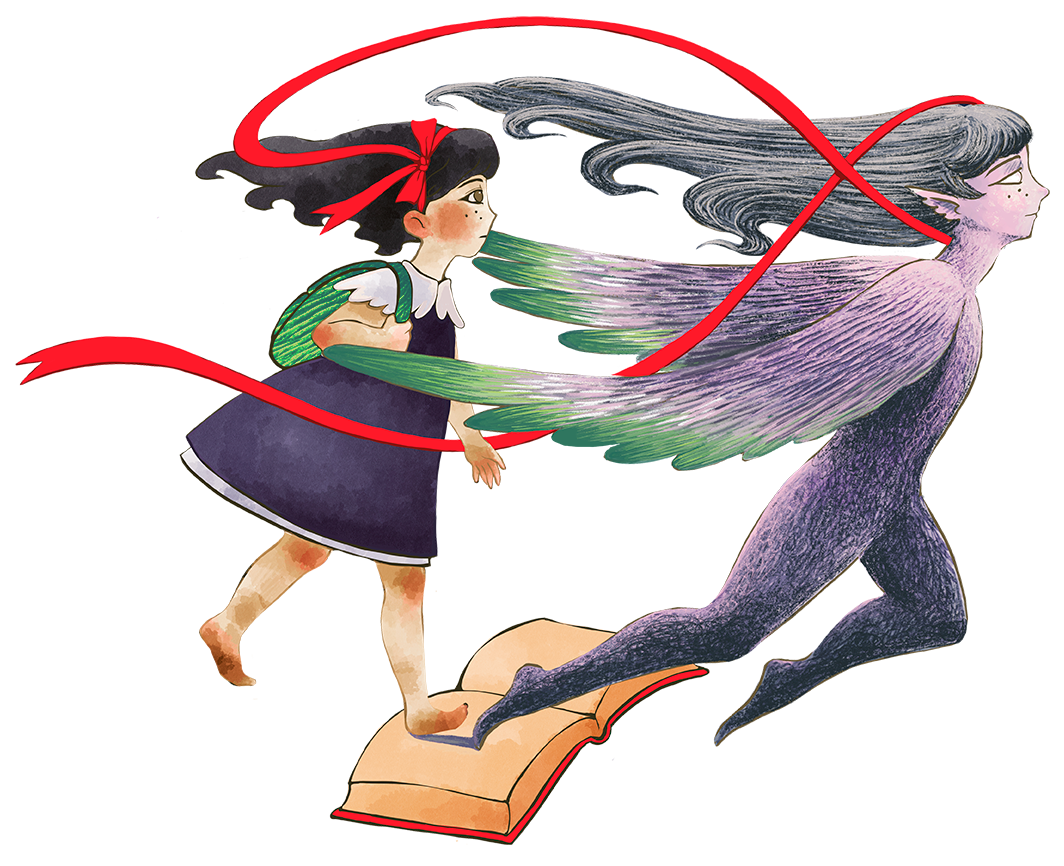Borders, Migration and Liminality in Children’s Literature
The 27th Biennial International Research Society for Children’s Literature (IRSCL) Conference will take place on 21-25 June 2025 at the University of Salamanca (Spain), convened by Izaskun Elorza (LINDES Research Group, University of Salamanca) and Carmen Santamaría-García (University of Alcalá).
The theme for the 27th biennial IRSCL Conference addresses borderlands, migration, and liminality in children’s literature. Borders may serve as geographical boundaries, imposing limitations on interaction with the environment or as political barriers that limit free movement and can result in harsh or traumatic experiences. Yet, borderlands can become wonderlands, as rich spaces of liminality where limits are negotiable and identities become blurred, transient, and recycled.
Borderlands and liminality appear in children’s literature in a variety of ways, such as thresholds between different languages, genres, crossover narratives, transitional periods from childhood to adulthood, or the blurring frontiers between the human and the more-than-human.
Borders can set limits to freedom of movement for territorial and political reasons. We must acknowledge a wide multiplicity of borders, such as geographical, legal, linguistic, economic, or cultural, with new types of emerging borders arising with life changes and challenges. The triggers for human migration can be multifaceted, ranging from escaping conflict to searching for new opportunities. In the Anthropocene, economic growth forces human displacement and challenges ecosystems, leading to the need for continuous adaptation by both human beings and other species.
The congress theme aims to stimulate discussion about these topics. We invite papers that engage in discussion on the representation, production and/or reception of migration, borders, and liminality in different genres (fairy tales, fantasy, novels, poetry, biographies, fiction) and formats (picturebooks, graphic novels, digital narratives, films, books) found in children’s literature. We encourage approaches including, but not limited to, ecocriticism, posthumanism, materiality, aesthetics, multimodality, discourse analysis, critical content analysis, equity, diversity, and social justice. Possible topics include, but are not limited to, these listed below:
— Decolonial, Postcolonial and Anti-Colonial approaches
— Borders of childhood and coming-of-age narratives
— Human and more-than-human migratory journeys
— Oneiric, ephemeral, and transient spaces
— Impacts of the Anthropocene, Capitalocene, Chthulucene
— Shapeshifting, transgressions, and crossing thresholds
— Forced displacement and forced return
— Emigration, diasporas, and belonging
— Borders between languages and dialects, including translanguaging
— Human, cyborg, and hybrids
— Gender identities
— Third space and other liminal dimensions
— Networks as agents of change and transformation
RELEVANT DATES:
– 15th May to 15th September extended date 30th september 2024: Submission period for individual proposals, thematic panels and special events
– December 2024: Communication of acceptance/rejection of proposals
CONGRESS LANGUAGES:
The contributions to the congress can be in English or in Spanish.
INFORMATION UPDATES:
Follow us in the congress website and social media for up-to-date information!
Website: https://irscl2025salamanca.usal.es/
Social media: @irscl2025_usal
Contact: irscl2025@usal.es
We look forward to seeing you all in Salamanca 2025!!
Co-conveners: Izaskun Elorza (University of Salamanca) and Carmen Santamaría-García (University of Alcalá)
Update: May 5, 2025

